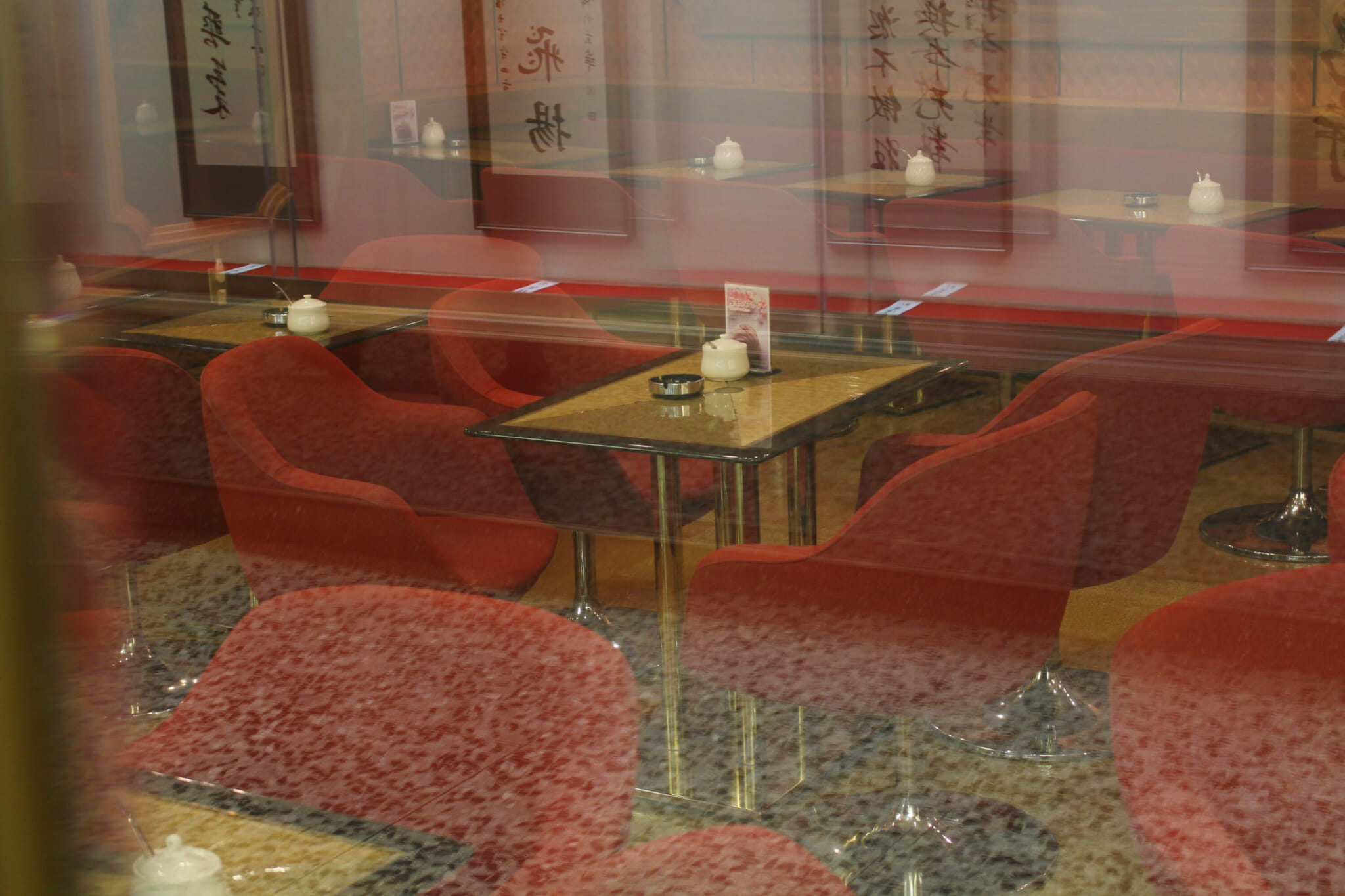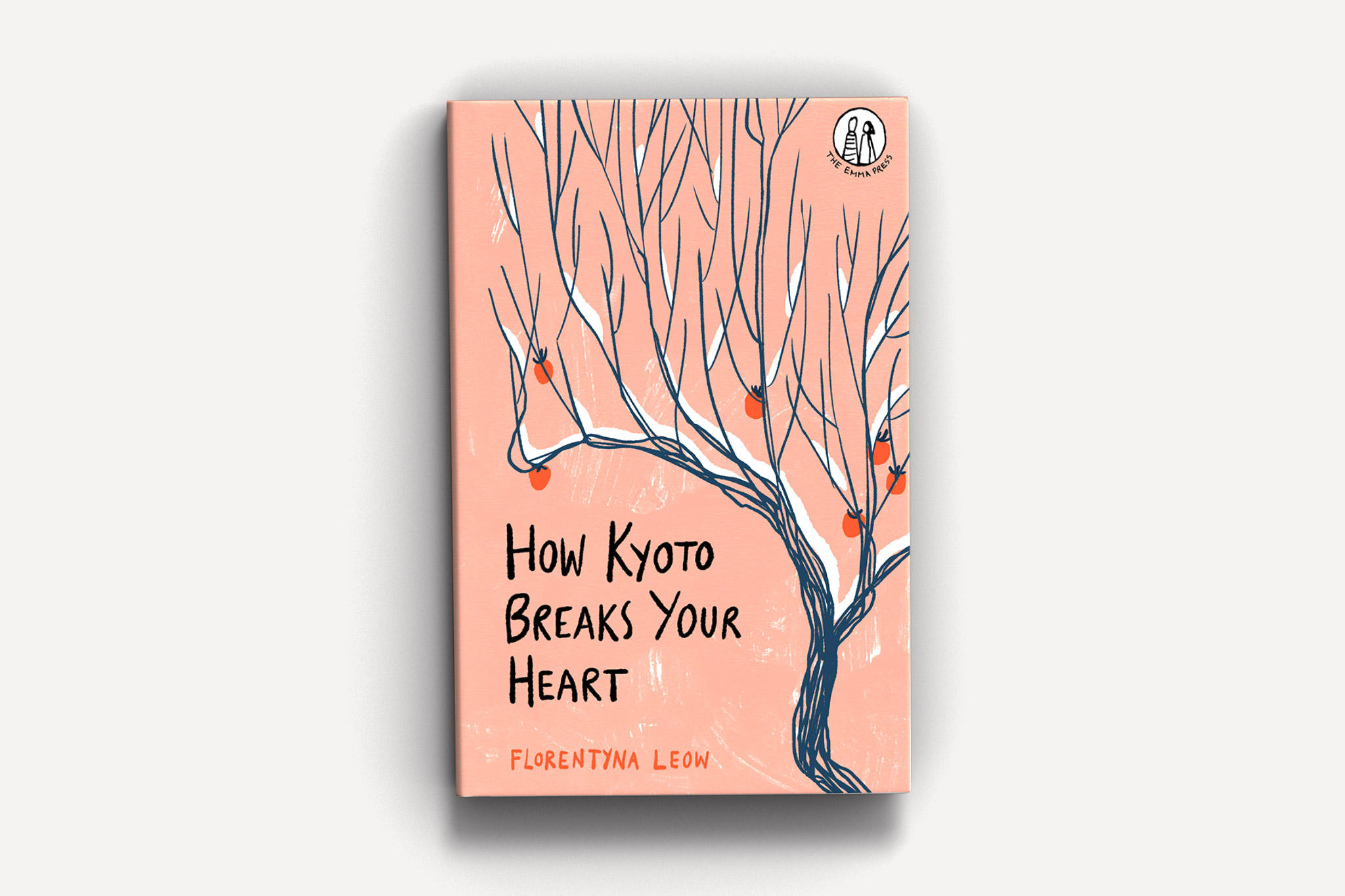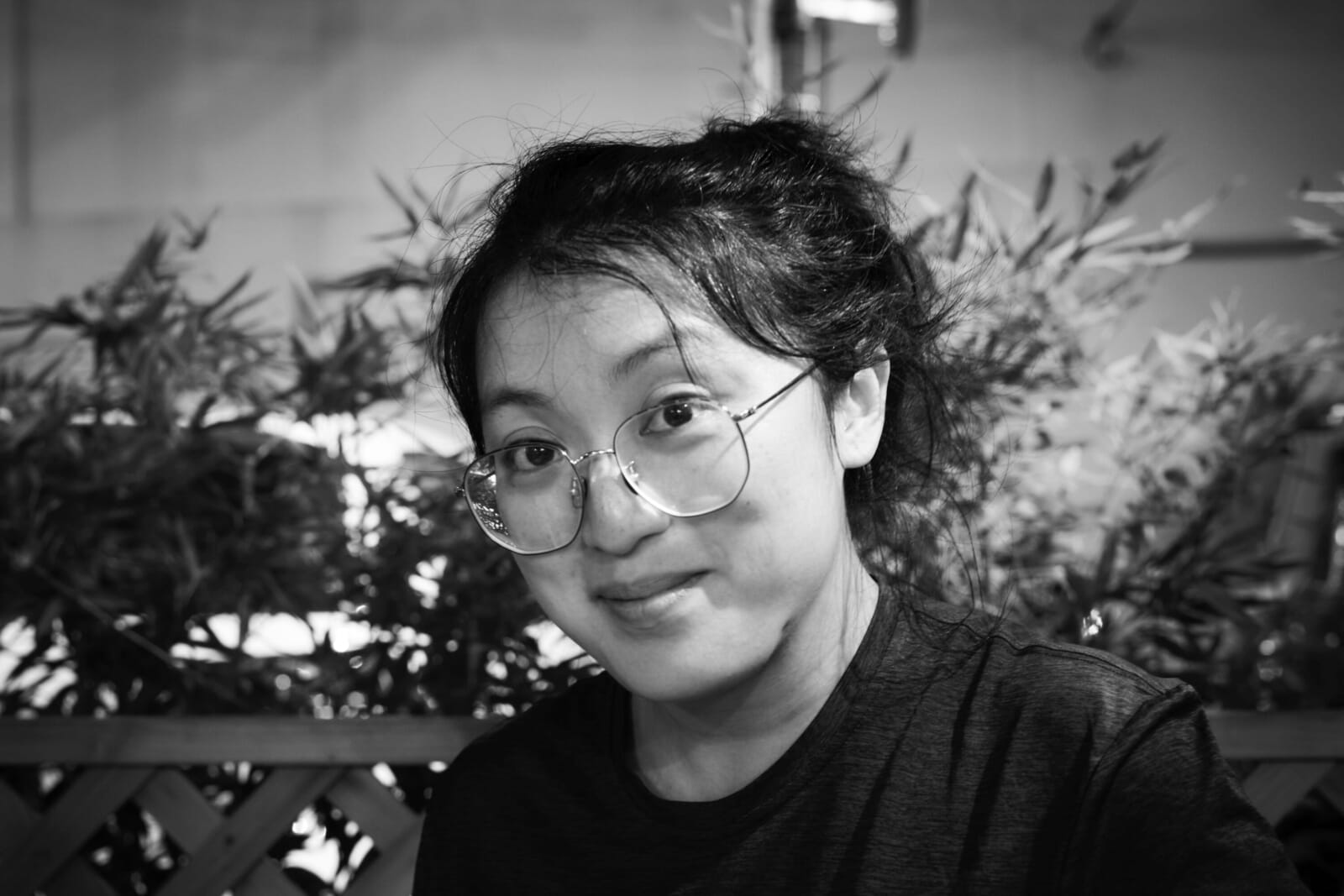Tokyo Weekender’s series TW Creatives features various works by Japan-based writers, photographers, videographers, illustrators and other creatives in a bid to provide an additional platform for them to exhibit their talent. The works submitted here belong entirely to the creators. TW only takes pride in being one of their most passionate supporters. This time, we introduce an exclusive excerpt from Florentyna Leow’s upcoming debut essay collection titled How Kyoto Breaks Your Heart. “This is the story of her life as a tour guide in Kyoto, backgrounded by the rumblings of a friendship cracking at the foundations,” as described by the publishing house The Emma Press. We present part of one essay as it is in the book.
Some Small Dive
My second home in Kyoto was a little jazz kissaten by the river. It was the kind of place you’d have to be looking for to walk into – eight seats at a counter and a wall of records behind the chairs. Old-fashioned lamps hung low, yellowing photos and posters dotting the walls and ceiling. Fresh flowers on the counter, tchotchkes and bric-a-brac everywhere. It was the kind of space you would dream of in monochrome. Open the door and a wave of music swept over you, louder than conversation, sending shivers thrumming through your spine.
I don’t remember how I first ended up here. I must have ordered coffee. It would have come with a thimble-sized pitcher of cream, and I’d have dribbled a few droplets into the coffee, watched white tendrils coil through the black. Secondhand smoke and jazz would have swirled around me: Ella, Louis, Dizzy, Billie. I probably drank so slowly the coffee was cold halfway down the cup. And it must have gotten under my skin, because I went again. Every other week, then every week, sometimes even twice a week. Thus began my affair with this small dive.
Behind the counter are T and M, the middle-aged couple who run this kissa. He makes the coffee and selects the records; she makes most of the other food and drink. There is a companionable silence between the two, as happens with people who have been married for decades and spend all their time together. Lately their son, who’s nearing the end of his twenties, has been working with them; he is affable but quiet, and reveals little about himself. His twin K is his obverse, reminding me a bit of a bright-eyed chipmunk. She’s an enviable free spirit in a rigid society – shaving her head, dabbling in everything from therapeutic massages to indigo dyeing, tending to a vegetable garden on a plot of rented land nearby. I can’t remember how or why this began, but we once got into a meow-off with each other, and now we meow at each other instead of saying hello.
Neither T nor M are especially talkative. T is the quieter of the two. He usually sits next to the record player, and you can often hear him humming slightly tunelessly along to whatever’s playing. He also hums while pouring coffee. When the place is empty, he’ll sit at the counter and read the newspaper; I like that he still reads newspapers. M does most of the talking with regulars, nodding sympathetically at their updates on neighbourhood gossip. I rarely know who the characters in their dramas are or what they’re complaining about, but I like it best when someone has gone and done something so unfathomably foolish that she’ll say in her lilting Kyoto accent: Honma, aho ya na. Seriously, what an idiot.
Once a staple of early- to mid-twentieth century Japan, kissaten are a dying style of coffeehouses. You’ll know one when you see one: it’s usually dimly lit, with a distinct whiff of eau de ashtray, populated with dark wood furniture, maybe red velvet or leather seats. The coffee ranges from rich to burnt. The kissa is a relic, as retro as penny candy, the antithesis of brightly-lit modern cafes with light-coloured furniture and pop soundtracks. The jazz kissa is an even rarer species: these kissa were places people once went to listen to the latest jazz records and, in some of them, enjoy live jazz. Personal music devices have more or less obliterated a practical need for cafes like this. Nevertheless, a few kissa persist. There is nothing like being by yourself at a jazz kissa, sipping coffee in companionable silence with other strangers.

Photo by Ned Snowman via Shutterstock
There are people on this planet who dislike kissaten. Like my partner, whose chief complaints include the dim lighting (but that’s the point), cigarette smoke (fair), and the coffee, which for him would make great drain cleaner. Those who love kissaten, love kissaten. I once chatted to a British chef – married to a Japanese woman – about kissaten. Dark interiors, burnt coffee, like really burnt, furniture from another era, old-school ambience – he adored it all. He stared at me intently, and said, When my wife first brought me to a kissaten, I told her, girl, you’ve got to be fucking kidding me, I mean, what the fuck is this? But we’ve been married for over ten years now, and let me tell you, I get it, I really do.
What did I love about my little dive in Kyoto? That it was a short cycle from where I lived. That it was near the river. I liked their impeccable taste in jazz. Watching them brew coffee. Each cup was made to order: every now and then you’d hear the discordant whizz of T grinding beans at the end of the counter, then tipping them onto filter papers. It was mesmerising, watching M’s wrists rise and dip as she dribbled hot water onto the grounds, steam curling up as she did so. I didn’t like sitting next to smokers, but I did enjoy watching their cigarette smoke swirl and spiral around their heads. I loved the pause between records, the brief intermission where you could clearly hear the rest of the kissa – the sound of running water, sizzling oil in the pan, or the most mundane reminiscences about the past, like how there used to be a shoe repair shop on Horikawa that was completely gone now, and how shoes these days were pasted together with glue, while back then you had to fix them properly or it was no good – and then the sound of the record spinning, that moment just before the music started again. I also liked that people rarely sat up straight here. Maybe it’s a particularly modern affliction, but so many people here had rounded shoulders, like cats. They’d lean back, slump into the chair, look down at their phones, prop their elbows on the table (okay, that was me), but never, ever was there anyone with excellent posture.
(the essay continues in the book )


Florentyna Leow is a writer and translator. Born in Malaysia, she lived in London and Kyoto before moving to Tokyo. Really, though, she lives on the internet. Her work focuses on food and craft, with an emphasis on under-reported stories from rural Japan, like English Toast (neither English nor toast), a shrine dedicated to ice, and Japan’s rarest citrus. She cannot go five minutes without thinking about food. How Kyoto Breaks Your Heart is her first book. Follow Leow on Instagram and Twitter.
Want to be featured next? Reach out to us at [email protected].








